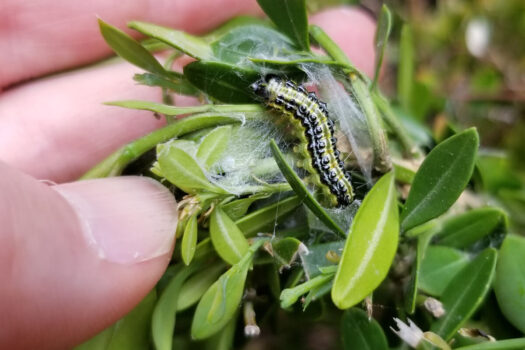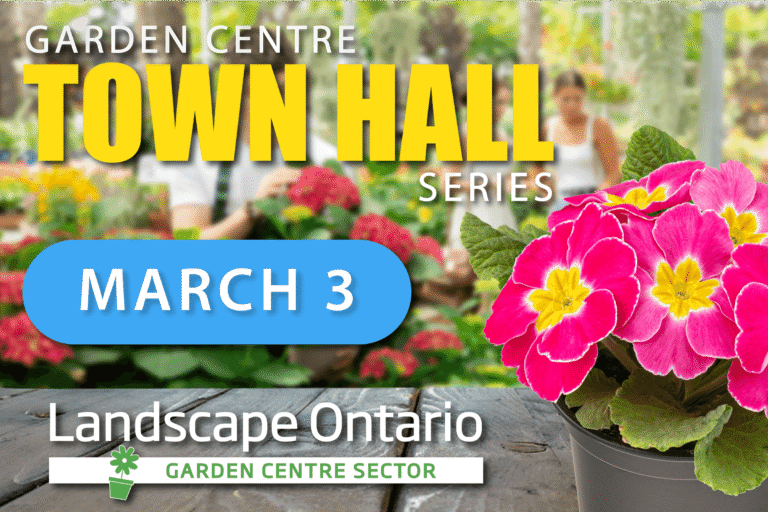The ABCs of composting
Almost every day we hear about the new Three R’s — Reduce, Reuse and Recycle. Did you know that one common gardening practice combines all three? Composting. Compost is a natural organic fertilizer made by decomposed vegetable waste. By recycling your family’s garbage, you can reduce household waste, and can then reuse the compost as organic matter to improve the quality of soil in your garden!
Studies have shown that one-third of household waste can be composted. Your yard rakings, such as fallen leaves, weeds, grass clippings and the disease-free remains of garden plants can go in your compost pile, as can fruit and vegetable peelings, egg shells and coffee grounds.
Composting is simple and requires only a little effort on your part. There are many types of composting containers on the market that encase the compost pile in a neat package. You can build your own, making sure the organic waste will be exposed to plenty of air, or simply make a neat unstructured pile in the corner of your garden.
Left alone, kitchen and yard waste will certainly decompose on its own, but there are a few things you can do to speed up the rotting process and ensure a sweet smelling compost pile all season long.
Composting Dos
- choose a level, shaded spot for your compost pile and a convenient distance from the house for adding kitchen waste regularly.
- start with a layer of nutrient-rich material such as manure, bone meal or your own previously finished compost.
- continue to add layers of kitchen and yard waste with occasional thin layers of topsoil (to add friendly bacteria).
- because grass blades have a high water content, it is a good idea to let grass clippings dry out on the lawn before adding them to your compost pile.
- keep the pile as moist as a squeezed out sponge — it is a good idea to keep the pile covered to prevent rain from completely soaking it.
- turn your compost pile once every week or two so that fresh air eventually reaches all surfaces. Letting oxygen into the pile of organic waste prevents an unpleasant sour smell from developing.
- you can continue to add to your compost pile throughout the winter, although the bacteria that decomposes the waste will not become active until the warmer weather returns. With the spring thaw, your compost pile will warm up and begin to work again.
Composting Don’ts
- wood ashes can be composted but don’t compost charcoal ashes from your barbecue.
- pet waste should not be added to your compost pile if you plan to use this compost on a vegetable garden.
- don’t compost meat, bones or fatty foods like cooking oil, cheese or salad dressings, as they may attract unwanted pests.
A well cared for compost pile will reward you with a nutrient-rich, earth-smelling conditioner you can add to planters, window boxes, flower beds, shrub borders — or any other landscape site. You will also be rewarded by knowing that by reducing, reusing and recycling your waste, you are helping to conserve our precious environment.









